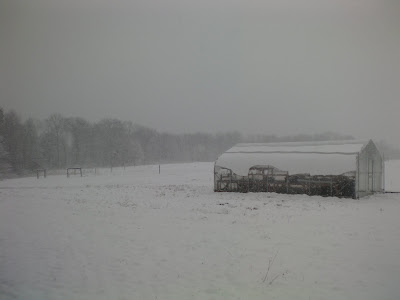So I guess I cannot hide from controversy forever in a blog. So here I thought I would share this really interesting article from The Guardian in the UK on The Double Standards of Green Anti-Nuclear Opponents.
I thought it made some really good points. And while there are justifiable concerns over the technology, the question is, what are our options? Give up huge swathes of coastlines to rising sea levels all around the world or every 25 years a disaster effects a 15 mile radius. Which is less?
effects a 15 mile radius. Which is less?
 effects a 15 mile radius. Which is less?
effects a 15 mile radius. Which is less? And even though I think renewable power is a great thing we still need non-renewables in the mix, unless you are OK with power being cut to all non-essential parts of the grid (including your home) in the middle of the night on calm days. Biofuels are in the future, but for now, the petroleum/new energy ratio of these systems is a concern.
Hydro power could provide base load power but that is not without it's effects. Three Gorges will flood almost 400 square miles of land, which is roughly equal to the exclusion zone around Fukushima.
Of course, battery systems are an option, in a 100% renewable system, but the cost/resources/energy/oil needed for those seems to be unreasonable if we expect to maintain anything like our current lifestyles.
I know, I know... FUEL CELLS will be the savior. And they may be. But the technology is not that new (Sir William Grove developed the first fuel cell in England in 1839), and has not even begun to come into it's own. Expensive...
that new (Sir William Grove developed the first fuel cell in England in 1839), and has not even begun to come into it's own. Expensive...
 that new (Sir William Grove developed the first fuel cell in England in 1839), and has not even begun to come into it's own. Expensive...
that new (Sir William Grove developed the first fuel cell in England in 1839), and has not even begun to come into it's own. Expensive... Even the thought of a hydrogen economy is scary. Hindenburg anyone?
I am not saying I have an answer, and I don't know if nuclear would be it if I did, but we do need to consider options holistically.
That is not saying that I would not be thinking twice if this was happening at Perry, instead of Japan.
I hope you will take the time to read the piece.












